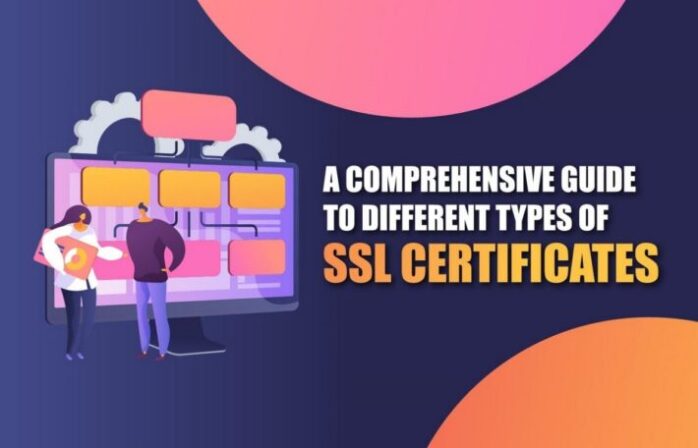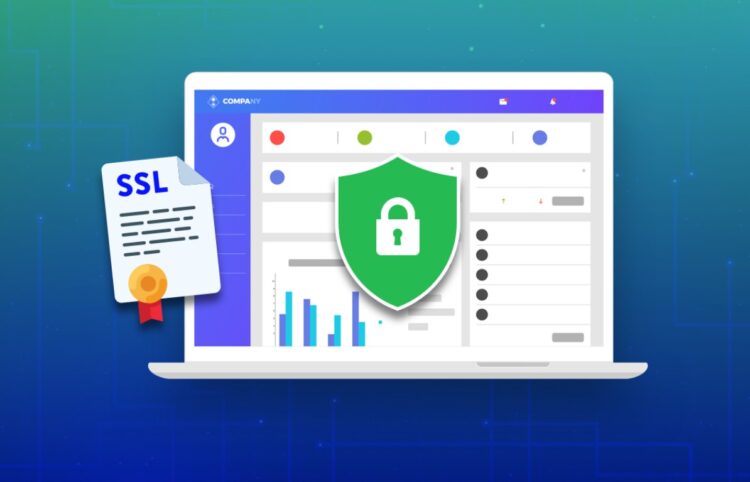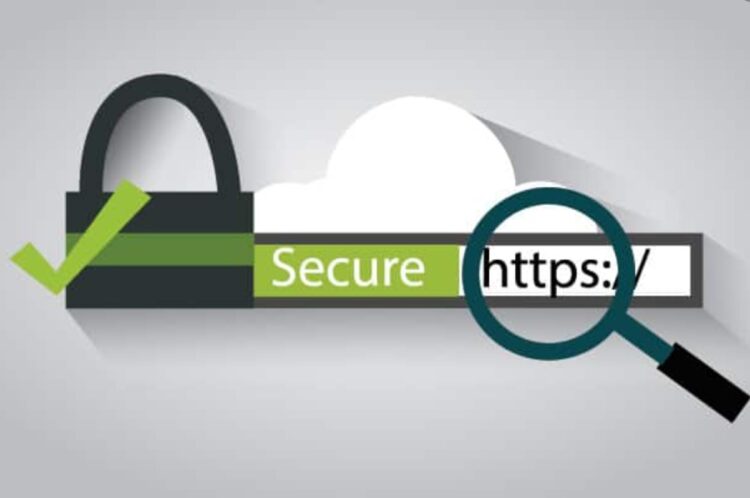
There has been a severe increase in the number of data breaches in recent times. Businesses must ensure that they take proper steps to prevent a cyberattack. As more users go online to look for products and other solutions, more companies do business online. It has brought forth the hackers who pose a severe risk of hacking websites for their malicious acts.
A data breach can lead to hefty penalties from government agencies, along with severe loss of brand image. Studies show that hackers have led to a severe loss of business, and the average cost of a data breach was estimated to be US$ 3.86 million in 2024. Companies must ensure they have robust IT policies in place to prevent these attacks. It is also necessary to install an SSL certificate to protect critical customer data.
But which certificate will you choose? We will discuss the types of certificates that are available.

What is an SSL certificate?
The SSL certificate helps ensure that your website, along with the underlying data, is safe from hackers. It uses the Public Key Infrastructure (PKI) technology to encrypt the communication between two entities. A private-public key pair is used in this scenario. As the communication is encrypted, no third party can have unauthorised access to it.
The SSL certificate acts as the identity of the website. ACA provides them only after proper validation of the credentials of the business. The certificate helps in the authentication of the parties in the communication. It also protects the company from any man-in-the-middle attacks.
How does SSL work?
When a browser tries to connect to any website, it requests the webserver for identification. The web server sends out a copy of the SSL certificate. The browser will check whether the certificate can be trusted. The web server will then send out an acknowledgement signed digitally for starting an encrypted session. Once this is done, encrypted data is shared between the web server and the browser.

Types of SSL certificates
There are various types of SSL certificates. We will discuss more in detail to make your decision making for the installation of one easier. The certificates can be grouped based on:
- The validation level;
- The number of secure domains and subdomains
According to validation levels:
Domain Validation SSL
The domain name must be registered, and the administrator approves the request. The web admin must configure a DNS record for the site or may confirm through email. As you must only validate domain ownership, the certificate can be obtained within a few minutes. It is the cheapest among the SSL and is ideal for small websites and blogs.

Organisation validation SSL
The CA must deploy agents who validate the domain ownership, information about the organisation, and the location details city, state, country, etc. The validation can be done using the public database. It is the minimum level of validation that is recommended for e-commerce websites.
A telephone verification can also be carried out along with a final call with a representative. It may take a few hours to around 2-3 days to get activated.
Extended validation SSL
The extended validation method ensures that there is an in-depth validation of the business. It ensures that greater trust can be placed on the website that has installed this certificate. The website visitors can stay confident that their information will not fall into the hands of any unauthorised third party.
The verification that is carried out covers the operational existence and authentication of the business. Apart from the domain verification, the physical address is verified, and there is a final verification call.
The CA checks whether the business exists as a legal entity and requires business information to ensure domain ownership. The warranties provided by these certificates are generally higher. If you are searching for premium yet cheap EV SSL certs, then you can buy from cheapsslshop.com.

According to the number of domains and subdomains secured:
Single Domain SSL
These certificates secure only one hostname. A single domain can be secured. It could be the www version and the non-www version of the domain.
You can secure example.com but not blog.example.com. These certificates are available in DV, OV and EV validation levels.
Wildcard SSL
These certificates can secure and protect the primary domain along with all the subdomains at the first level. You can secure unlimited subdomains through a single certificate.
You can secure example.com along with the sub-domains blog.example.com, careers.example.com, news.example.com, etc. However, you cannot secure home.etc.example.com. These certificates can be available in DV, OV validation levels. The DigiCert Wildcard SSL, Comodo Wildcard SSL are examples of premium wildcard certs that can come within your budget.

Multi-Domain SSL
These certificates are usually known as SAN certificates and can secure several domains and subdomains. The common name that is listed on the CSR cannot be modified. But you can add or remove the SANs. The number of domains that can be handled using a single certificate can differ across the different CAs.
For example, if you wish to secure example.org, example.com, mail.example2.net. etc., you can use these certificates. It will remove the hassles of having to manage multiple certificates. The warranties provided against these certificates are generally higher.
Multi-Domain Wildcard SSL
These certificates are versatile as you can ensure that an unlimited number of first-level sub-domains of the chosen primary domains are supported through a single certificate. All major browsers and mobile devices support them.
They are available at DV and OV validation levels. The warranties are provided in millions of dollars. They are ideal for industry leaders who have several digital assets.

Conclusion
There has been an increase in the number of cyberattacks that require businesses to have robust defences. One of the ways to achieve this is by installing an SSL. You must know about the various types of SSL certificates so that you can procure the one you need. The article discusses the various options that are available for you.








